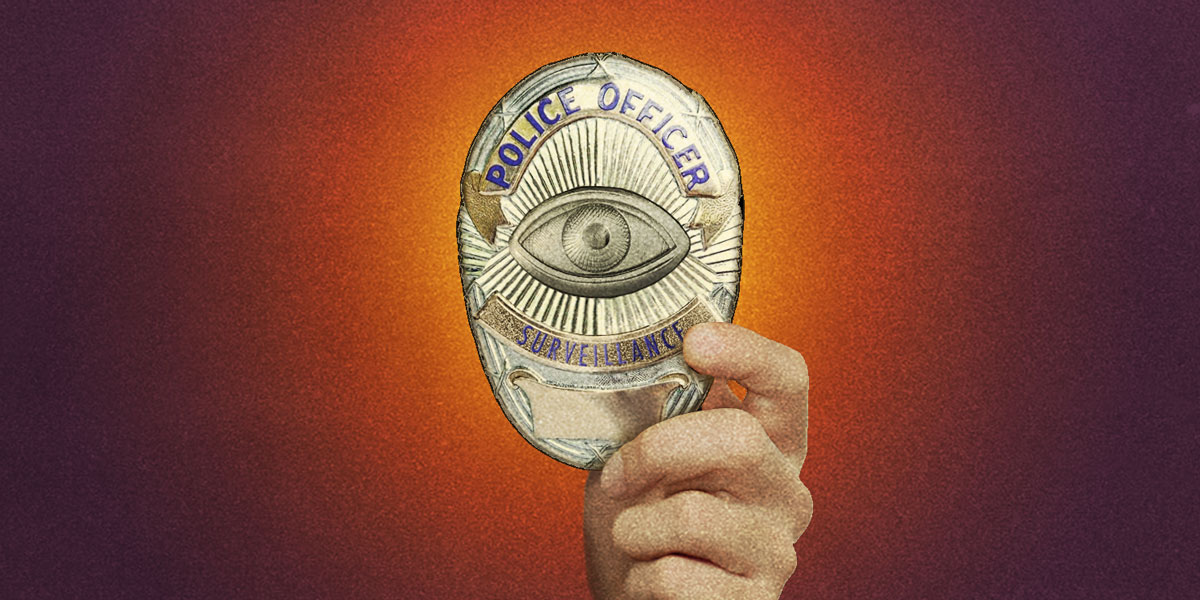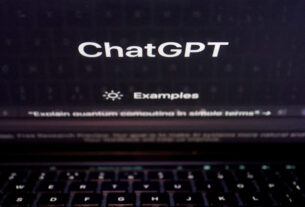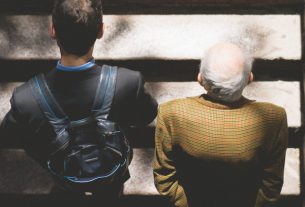If you thought going to a Pride event or drag show was just another night out, think again. If you were in Florida, it might land your name in a government database.
That’s what’s happening in Vero Beach, FL, where the Florida Attorney General’s office has subpoenaed a local restaurant, The Kilted Mermaid, demanding surveillance video, guest lists, reservation logs, and contracts of performers and other staff—all because the venue hosted an LGBTQ+ Pride event.
To be clear: no one has been charged with a crime, and the law Florida is likely leaning on here—the so-called “Protection of Children Act” (which was designed to be a drag show ban)—has already been blocked by federal courts as likely unconstitutional. But that didn’t stop Attorney General James Uthmeier from pushing forward anyway. Without naming a specific law that was violated, the AG’s press release used pointed and accusatory language, stating that “In Florida, we don’t sacrifice the innocence of children for the perversions of some demented adults.” His office is now fishing for personal data about everyone who attended or performed at the event. This should set off every civil liberties alarm bell we have.
Just like the Kids Online Safety Act (KOSA) and other bills with misleading names, this isn’t about protecting children. It’s about using the power of the state to intimidate people government officials disagree with, and to censor speech that is both lawful and fundamental to American democracy.
Drag shows—many of which are family-friendly and feature no sexual content—have become a political scapegoat. And while that rhetoric might resonate in some media environments, the real-world consequences are much darker: state surveillance of private citizens doing nothing but attending a fun community celebration. By demanding video surveillance, guest lists, and reservation logs, the state isn’t investigating a crime, it is trying to scare individuals from attending a legal gathering. These are people who showed up at a public venue for a legal event, while a law restricting it was not even in effect.
The Supreme Court has ruled multiple times that subpoenas forcing disclosure of members of peaceful organizations have a chilling effect on free expression. Whether it’s a civil rights protest, a church service, or, yes, a drag show: the First Amendment protects the confidentiality of lists of attendees.
Even if the courts strike down this subpoena—and they should—the damage will already be done. A restaurant owner (who also happens to be the town’s vice mayor) is being dragged into a state investigation. Performers’ identities are potentially being exposed—whether to state surveillance, inclusion in law enforcement databases, or future targeting by anti-LGBTQ+ groups. Guests who thought they were attending a fun community event are now caught up in a legal probe. These are the kinds of chilling, damaging consequences that will discourage Floridians from hosting or attending drag shows, and could stamp out the art form entirely.
EFF has long warned about this kind of mission creep: where a law or policy supposedly aimed at public safety is turned into a tool for political retaliation or mass surveillance. Going to a drag show should not mean you forfeit your anonymity. It should not open you up to surveillance. And it absolutely should not land your name in a government database.



